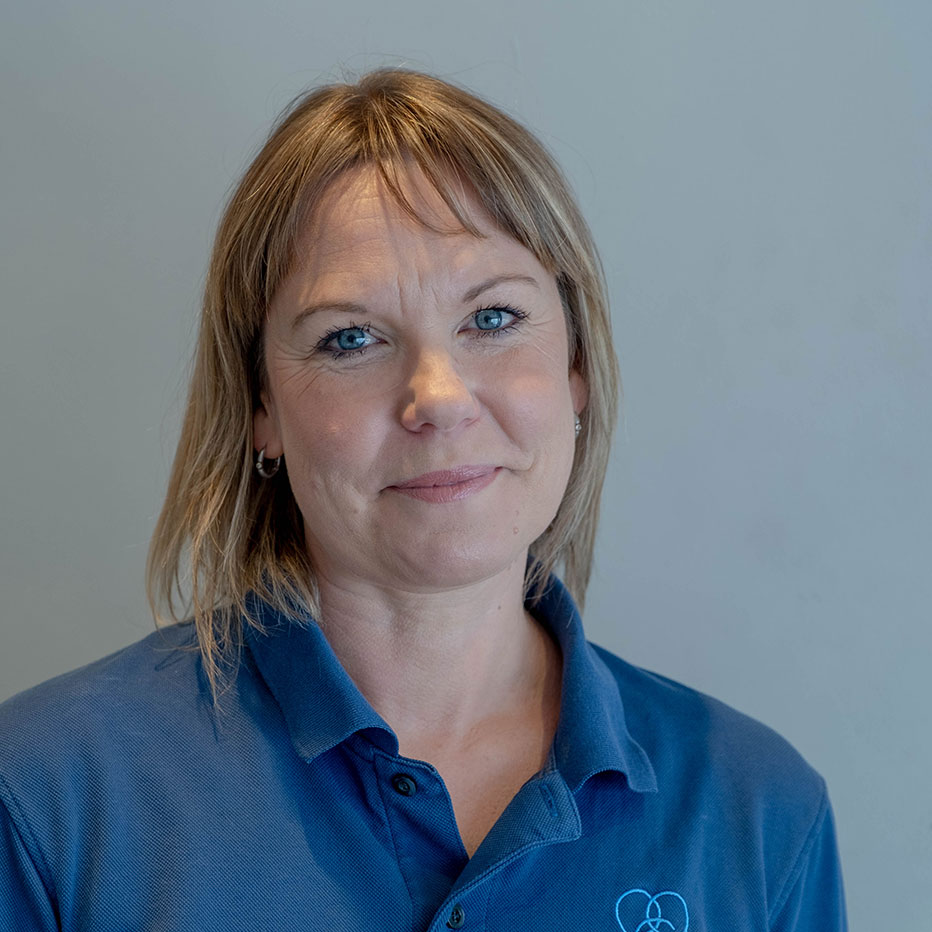What is sports massage?
Sports massage benefits a wide variety of people from all walks of life, whether you are suffering from an old or new problem. Acute problems can be caused by accidents, occupational repetitive strain, sports injuries, etc. Many patients benefit from sports massage and reduce the risk of injury.
These are regular treatments to maintain peak physical performance and prevent adhesions in the muscles, which could ultimately lead to an injury. The same principle is applied to occupational repetitive strain injuries; for example, working in construction, driving, desk based, hairdresser, childcare (to name but a few). So whether you are training for the Bath Half, another sporting event or struggling with occupational aches and pains Taryn can help you.
Taryn employs the principles of Swedish massage and additional specialised techniques that work deeper into the underlying soft tissues and connective tissues (ligaments and tendons). You don’t need to be an athlete to benefit from sports massage.
What to expect from your initial appointment
Taryn will talk to you about your general health, past medical history and current conditions/symptoms. A postural assessment will be carried out, which will check your body’s alignment and indicate any areas for improvement. A range of movement assessment will follow highlighting any restriction of movement and any muscle imbalances.
All of this will allow Taryn to create a bespoke treatment to suit your individual needs, implementing the specific techniques when appropriate.
Everything you discuss is private and confidential and adheres to a strict code of ethics.
Please note that some of the techniques used in sports massage can cause localised bruising. This is normal and should only last for 24-48 hours after treatment.
Always drink plenty of water after a massage treatment.
Please bring a large towel to your appointment.
Techniques used in sports massage
Effleurage: Gentle massage technique to warm up the soft tissue and promote relaxation.
Petrissage: Rolling of the skin and deeper pressure than effleurage.
Simple kneading frictions and traverse frictions: Used to increase blood circulation while stretching and realigning the muscle tissue to promote improved muscle function.
Trigger Point Therapy: A hyperirritable spot or spasm within a muscle that often reduces the range of movement and causes muscle weakness. Applying pressure to these areas deactivates the trigger point. Reduces pain and increases range of movement.
Soft Tissue Release: Designed to remove physical restrictions in the soft tissue (adhesion), great for breaking down scar tissue.
Muscle Energy Techniques (METs): An assisted muscle lengthening technique.
Myofascial Release: Slow and gentle technique that stretches the superficial fascia to remove adhesions.
Benefits of massage therapy
Treatment cost
60 mins = £60
90 mins = £90

Taryn Stevenson
Sports & Remedial Massage Therapist



